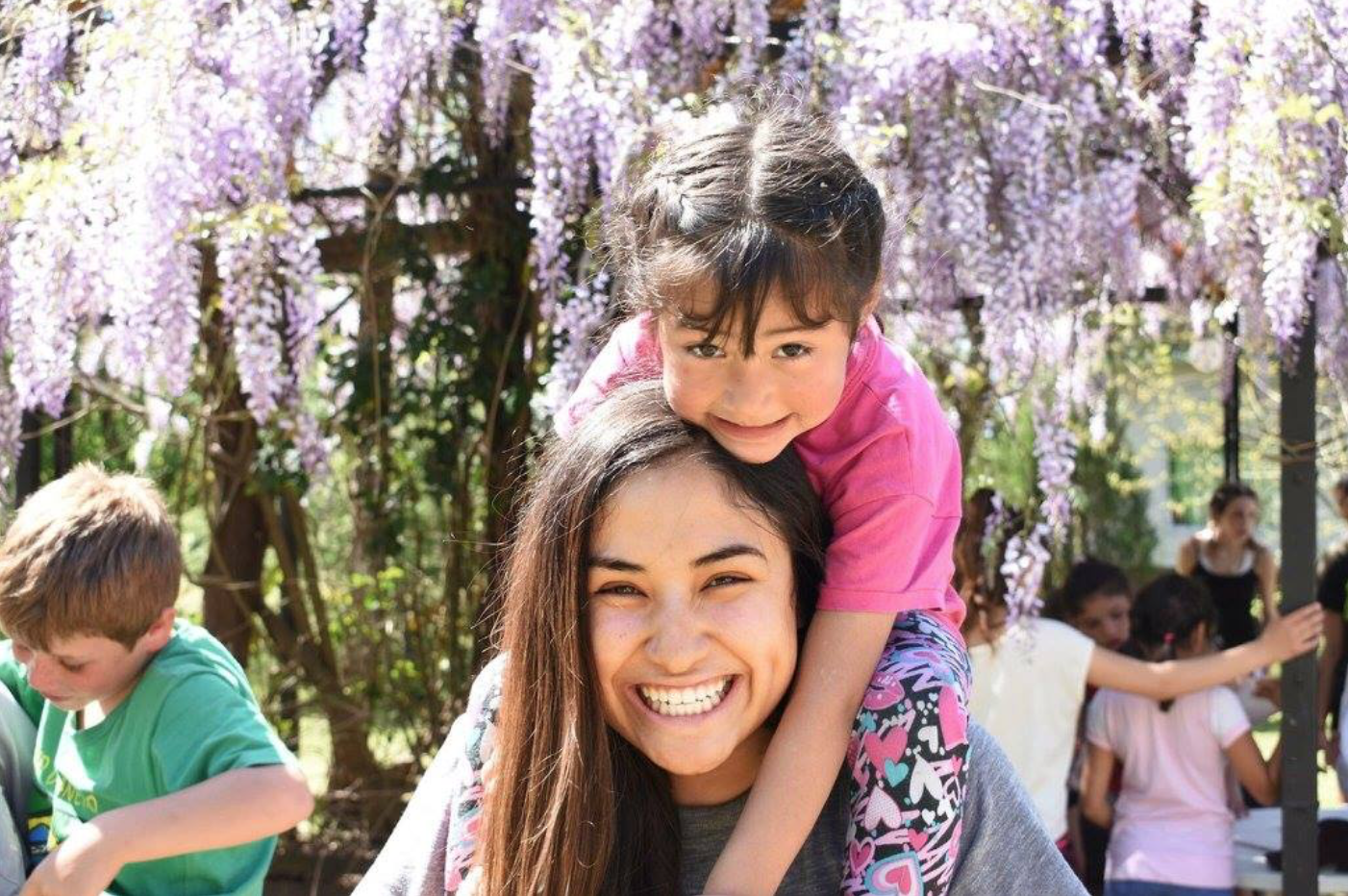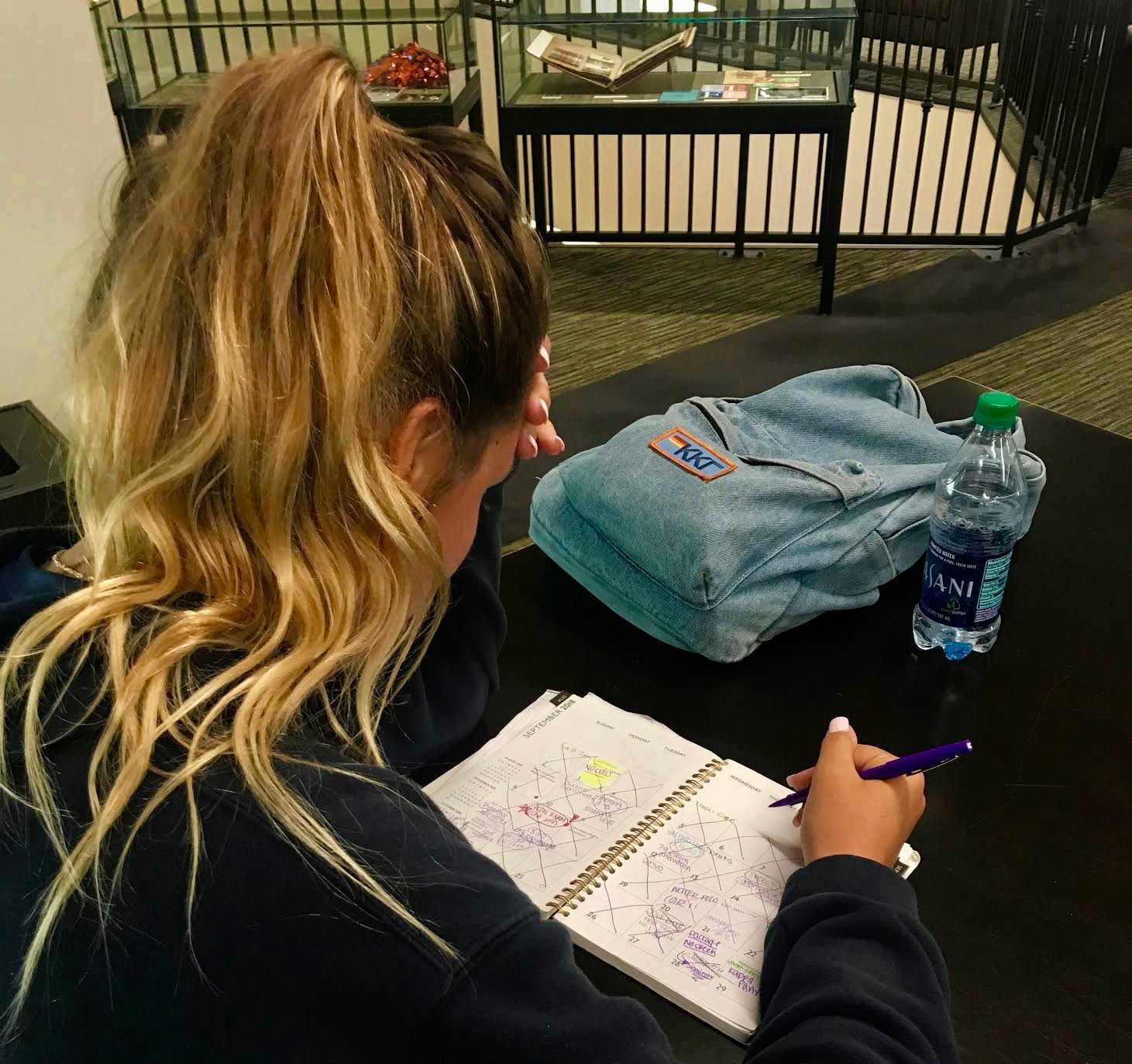
Pepperdine University, ranked No. 1 in the nation for number of students who study abroad for a full academic year, may be facing a crisis.
While abroad programs remain popular, a World Education Services study shows that more students are opting to go abroad for only a semester or less.
International Programs administrators have seen that national trend at Pepperdine for a while, with nearly one third of all 2017 applicants selecting to go for one semester only, on par with recent years.
“It does mean that there’s going to be more pressure on International Programs to open up more spots for just the semester,” said Charles Hall, dean of International Programs at Pepperdine University. “If you continue to deny students because they’re only wanting to go for a semester, you’re going to eventually have to acquiesce to that pressure.”
IP can only “acquiesce” so much, Hall said, as enrollment depends heavily on the housing situation in each abroad program. Currently, only 10 to 15 percent of the approximately 360 total available spots across year-long programs are reserved for semester-only students. Another 350 typically go abroad each summer.
A challenge for students and faculty
Students are choosing single semesters abroad for many reasons, with an even split between cost, involvement in athletics and completion of specialized majors, according to an informal poll of 27 students. For many students, going abroad for a full academic year puts too much pressure on their ability to complete their degree in four years or participate in time-demanding extracurriculars. Fear of missing out on life in Malibu is a factor for others.
“I felt like I would be able to have one foot here in my abroad program and one foot back home in Malibu,” said Sam Santana, a sophomore integrated marketing communication major currently abroad in Buenos Aires, Argentina for one semester.
Santana plans on returning to the U.S. shortly and feels grateful for her time in South America.
“Going abroad has been one of the best decisions of my life,” Santana said. “I am so lucky.”
Going abroad for a full year is also a challenge for university faculty, who struggle to maintain their personal lives while thousands of miles away from home for such an extended period of time.
“We want (Pepperdine faculty) to be the ‘faculty family’ for the year,” Hall said. “In this day and age, it’s much more difficult to get faculty, particularly if they’re married and have young kids, and pull them out for a whole year.”
The national trend
From 2003 to 2014, the proportion of students nationally participating in year-long programs fell by half, and the number of students participating in programs of eight weeks or less has almost doubled, according to World Education Services, a news source for international education professionals.
Chart shows percentage of students who travel abroad for one semester, eight weeks or a whole academic year (Data from World Education Services).
Despite the various reasons students decide against going abroad for more than one semester, IP has always favored the application of students who wants to stay for the whole year.
“We know in the end, a student will benefit more if they go for the academic year instead of just a semester,” Hall said. “The first semester, you’re just getting used to it. The second semester, it starts feeling like it’s home.”
While Santana is content with her choice to stay in Buenos Aires for one semester, others in her program have changed their minds.
“I know there’s a lot of people here who were only going to stay for a semester (who) are now going to stay the year,” Santana said.
Susan Carley and R. Keith Tudor of Kennesaw State University published Assessing the Impact of Short-Term Study Abroad, a study which examines the difference in learning outcomes from students who went abroad for a two-week program versus a full-year program.
Results of the study show the two groups to be nearly identical in that all participants took courses outside their major after returning to campus, showed interest in subsequent travel or study abroad, invested in interdisciplinary studies and had changed perceptions regarding the outcomes of globalization.
While the study showed similar cognitive growth, Bert Ballard, associate professor of communication at Pepperdine, finds that to be the only factor which makes a two-week program and a full-year program one in the same.
“Cognitively, you can make similar gains, but that’s not the point of studying abroad,” Ballard said. “The point is to go through the emotional, cultural and affective experiences.”
Going abroad for two weeks prohibits students from learning deeper-level social skills, Ballard said.
“The first two weeks, everything is so amazing, hopeful and exciting,” Ballard said. “You have to deal with conflict when you’re gone for a year. You can pretend to be friends with anybody for two weeks. … In the first month, everybody likes each other.”

Why students want shorter programs
Some Pepperdine students prefer one-semester or shorter study-abroad programs so they can complete their degree in four years, participate in time-demanding extracurricular activities and avoid feeling disconnected from life on campus.
“There are no chemistry classes offered in any abroad locations, so it’s impossible to complete a pre-med degree in four years,” sophomore chemistry major Jonathan Vu said.
This proves to be especially true for Aurora Authement, a sophomore chemistry major and member of the Pepperdine University Women’s Basketball team.
“For student athletes, we can’t just leave Malibu since the season takes place for at least part of both semesters of school,” Authement said. “Pre-season starts in early November, there are games from then until February, and then there’s post-season in March.”
Fine arts majors also face constraints.
“Being a music major, you’re not allowed to go abroad during the semester because of concerts, musicals and operas that happen all year long,” senior music major Edward Kang said.
Students who aren’t involved in time-demanding majors and extracurriculars lean toward shorter study-abroad programs for fear of disconnecting from life in Malibu.
“I think one semester is perfect for me because I’m able to experience being abroad and then go back home to Malibu and share those experiences with my friends and family without feeling like I’ve been away from them for too long,” said Janelle Romualdez, a sophomore accounting major currently abroad in Heidelberg, Germany for one semester.
Romualdez excitedly awaits her return to the U.S. to reunite with friends and family.
A student-by-student choice
The concept of studying abroad at all shocks some students coming into Pepperdine.
“I couldn’t reconcile that I had just moved halfway across the country and was being told I would do the same thing only a year later,” sophomore philosophy major Andie Round said. “For me, ‘Year 2 Malibu’ was just as good an option as any of the abroad programs.”
While Round has no regrets about staying in Malibu for her sophomore year, she misses the friends she made during her first year.
“It’s hard having little pieces of your heart scattered in different places across the world,” Round said.
Others opt for the low-commitment summer abroad programs, which leave some students unsatisfied, as it did junior business major Pierre Viallant.
“I want to say that I did get the full experience going for only a summer, but I didn’t,” said Viallant, who studied abroad in Heidelberg, Germany for a summer. “Right as we were about to leave, that’s when I first started to feel like I was digging deep into the culture.”
Viallant said he plans on going to Florence during the summer to supplement his incomplete abroad experience.
It is for this reason that Brantley Goodman, a first-year interpersonal communication major, applied to go abroad for an entire year.
“I just wanted to get the full experience,” Goodman said.
Senior psychology major Gabrielle Pfund got exactly that in her year abroad in Buenos Aires, Argentina.
“In my experience, one year abroad was absolutely perfect,” Pfund said. “The first semester, I kept asking ‘what’ or ‘why’ or ‘how,’ and my second semester was where I found those answers.”
Alexa Birt completed the reporting for this story under the supervision of Dr. Christina Littlefield and Dr. Theresa de los Santos in Jour 241 in fall 2017. Dr. Littlefield oversaw the web story. Dr. Theresa de los Santos oversaw the video news package.



